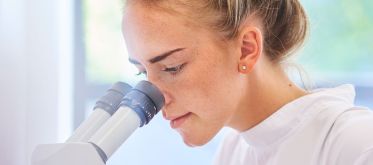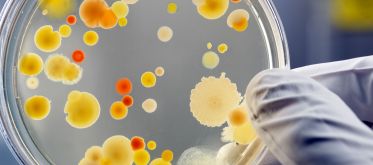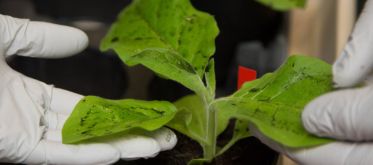Portal Our Laboratories
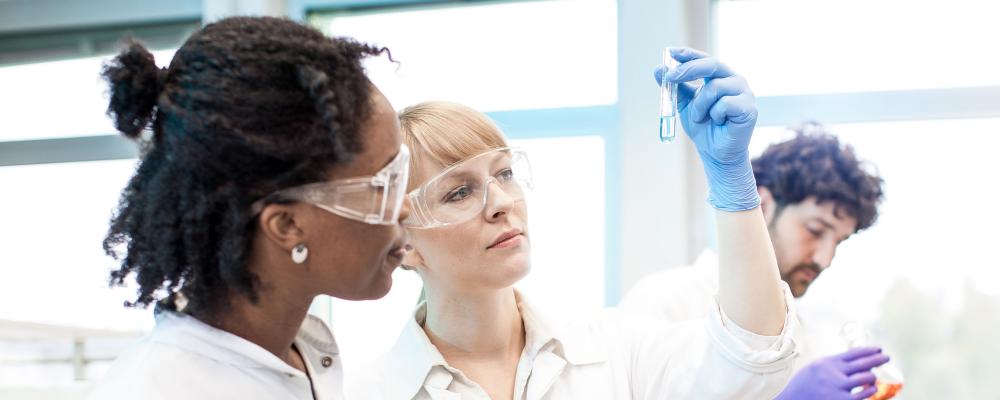

Plant Health Laboratory
Director: Philippe Reignault
Deputy Director: Géraldine Anthoine
Address of the laboratory’s management: 7, rue Jean Dixméras 49044 Angers Cedex 01
E-mail: lsv@anses.fr
Six geographical sites: Angers, Clermont-Ferrand, Montpellier, Nancy, Rennes, Saint-Pierre (Reunion Island)
Number of employees: 100, spread across eight units
The laboratory's missions
The Plant Health Laboratory (LSV) is in charge of the identification of biological risks to plant health, the detection of genetically modified organisms, the determination of beneficial insects (which help protect plants) and insect vectors of disease, and the quarantine of plants introduced under import regulation waivers. Its missions cover cultivated land, forests, and natural environments.
The LSV is the National Reference Laboratory (NRL) for all plant pests. Three of its units are also European Union Reference Laboratories (EURLs), for fungi and oomycetes, insects and mites, and nematodes. Moreover, it quarantines plants introduced under import regulation waivers and coordinates assessments of biological risks to plant health. The LSV jointly leads the French plant health network (RFSV) and participates in numerous collaborative research and development projects. It is also actively involved in the work of the National epidemiological surveillance platform for plant health (ESV platform). The laboratory makes its data available to the platform as needed and provides it with scientific support in analytical fields.
The laboratory is regularly asked to carry out work and expert appraisals at national (formal requests and requests for support from the Directorate General for Food) and international (European and Mediterranean Plant Protection Organization, European Food Safety Authority, International Plant Protection Convention, etc.) levels.
A laboratory with several sites
The laboratory is spread out across six geographical sites:
- Angers, in charge of bacteria, viruses, GMOs and the coordination of reference and expert appraisal activities relating to biological risks;
- Clermont-Ferrand, which hosts the quarantine unit;
- Montpellier, specialising in insects (pests, beneficial organisms and vectors) and invasive plants;
- Nancy, in charge of fungi and oomycetes;
- Rennes, focusing on nematodes, which are microscopic worms that can destroy crops;
- Saint-Pierre (Reunion Island), specialising in tropical pests and pathogens.
To know more about the Laboratory
>> See the leaflet (PDF)
Latest laboratory news
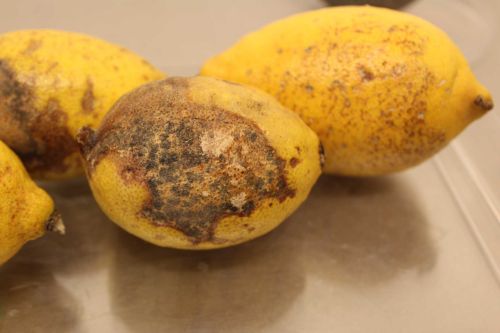
Improving identification of a fungal pathogen of citrus to prevent it from arriving in Europe
The Mycology Unit of ANSES's Plant Health Laboratory has developed a PCR test to distinguish the fungus responsible for citrus black spot from that of a recently discovered related species. This test will improve the ability to detect this pathogenic fungus, thus preventing it from being introduced into Europe.
The laboratory's units
Scientific coordination units
- Expert Assessment of Biological Risks (ERB) unit (Angers site)
- Reference Coordination (UCR) unit (Angers site)
Thematic and technical units
- Bacteriology, Virology & GMO (BVO) unit (Angers site)
- Entomology and Invasive Plants unit (Montpellier site)
- Mycology unit (INRAE LSV-Mycology USC; Nancy site)
- Nematology unit (Rennes site)
- Quarantine unit (Clermont-Ferrand site)
- Tropical Pests and Pathogens (RAPT) unit (Saint-Pierre, Reunion Island site)
Partnerships
National partners
- Association for the Coordination of Agricultural Methods (ACTA)
- Agribio Union
- Agro ParisTech
- French Agricultural Research Centre for International Development (CIRAD)
- Interprofessional Technical Centre for Fruit and Vegetables (CTIFL)
- French Federation of Seed Reproducers (FNAMS)
- French Federation of Seed Potato Producers (FN3PT/Inov3PT)
- FREDON France
- French Institute of Vine and Wine (IFVV)
- National Institute of Geographic and Forest Information (IGN)
- French National Research Institute for Agriculture, Food and the Environment (INRAE)
- Institut Agro (France)
- National Forestry Office (ONF)
- University of Angers
- University of Reunion Island
- University of Lorraine
International partners
- Austrian Agency for Health and Food Safety (AGES)
- University of California, Berkeley (United States)
- Council for Agricultural Research and Economics (CREA, Italy)
- National Research Council (CNR, Italy, Bari site)
- Spanish National Research Council (CSIC)
- German Collection of Microorganisms and Cell Cultures (DSMZ)
- European Food Safety Authority (EFSA)
- Flanders Research Institute for Agriculture, Fisheries and Food (ILVO, Belgium)
- Valencian Institute of Agrarian Research (IVIA, Spain)
- Julius Kühn-Institut (JKI, Germany)
- National Agricultural Research Organisation (NARO, Japan)
- National Institute of Biology (NIB, Slovenia)
- Plant & Food Research (New Zealand)
- University of Modena and Reggio Emilia (UNIMORE, Italy)
- University of Liège – Gembloux Agro-Bio Tech (Belgium)
- Wageningen University & Research (WUR, Netherlands)
